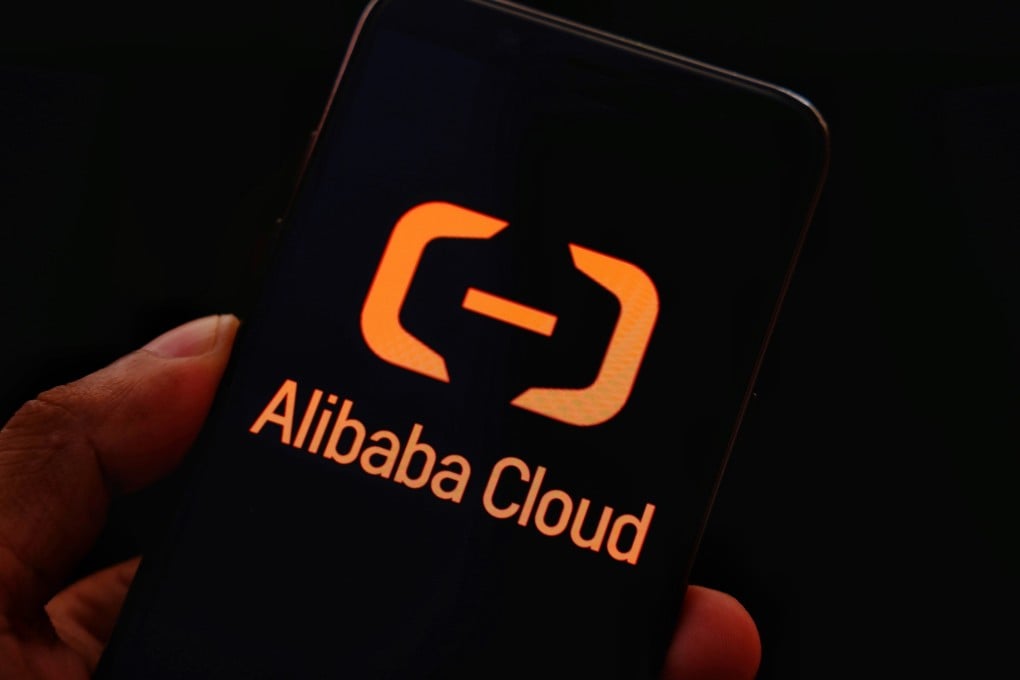Advertisement
Alibaba unveils ChatGPT alternative Tongyi Qianwen under cloud services after Baidu’s high-profile Ernie Bot launch
- Alibaba is the latest Chinese tech firm to follow through with a home-grown alternative to ChatGPT, but the beta release has few details available
- The e-commerce giant is launching its chatbot weeks after Baidu’s received mixed reception, as China races to advance in generative AI
Reading Time:2 minutes
Why you can trust SCMP
6

Ben Jiangin Beijing
Alibaba Group Holding is the latest Chinese Big Tech firm to unveil its anticipated answer to ChatGPT, as the race to produce a home-grown rival to the hit chatbot from Microsoft-backed OpenAI continues to draw resources and widespread attention.
Alibaba Cloud unveiled the service, called Tongyi Qianwen, on Friday through its official WeChat account, and has opened the chatbot to invite-only beta testing for corporate clients.
The landing page for Tongyi Qianwen’s website is sparse with no details about the functions of the service, which is described as a “productivity assistant and idea generator” that is “dedicated to responding to human commands” through the use of a large language model (LLM).
The chatbot’s terms of use link its development to Damo Academy, Alibaba’s in-house scientific research group. The Hangzhou-based e-commerce giant confirmed in February that its research institute was working on an artificial intelligence (AI) chatbot.
Alibaba Cloud and parent Alibaba, which owns the Post, did not immediately respond to requests for comment on Friday.
Damo Academy first introduced its LLM called AliceMind last September when deputy head Zhou Jingren unveiled it at the World AI Conference. He described it as a multimodal pre-trained language model that is able to process different types of inputs including text, images, audio, and video.
A deck introducing AliceMind suggested that the language model could be used in a wide range of areas including e-commerce, smart city, healthcare, agriculture, smartphone photography, autonomous driving and the Internet of Things.
Advertisement